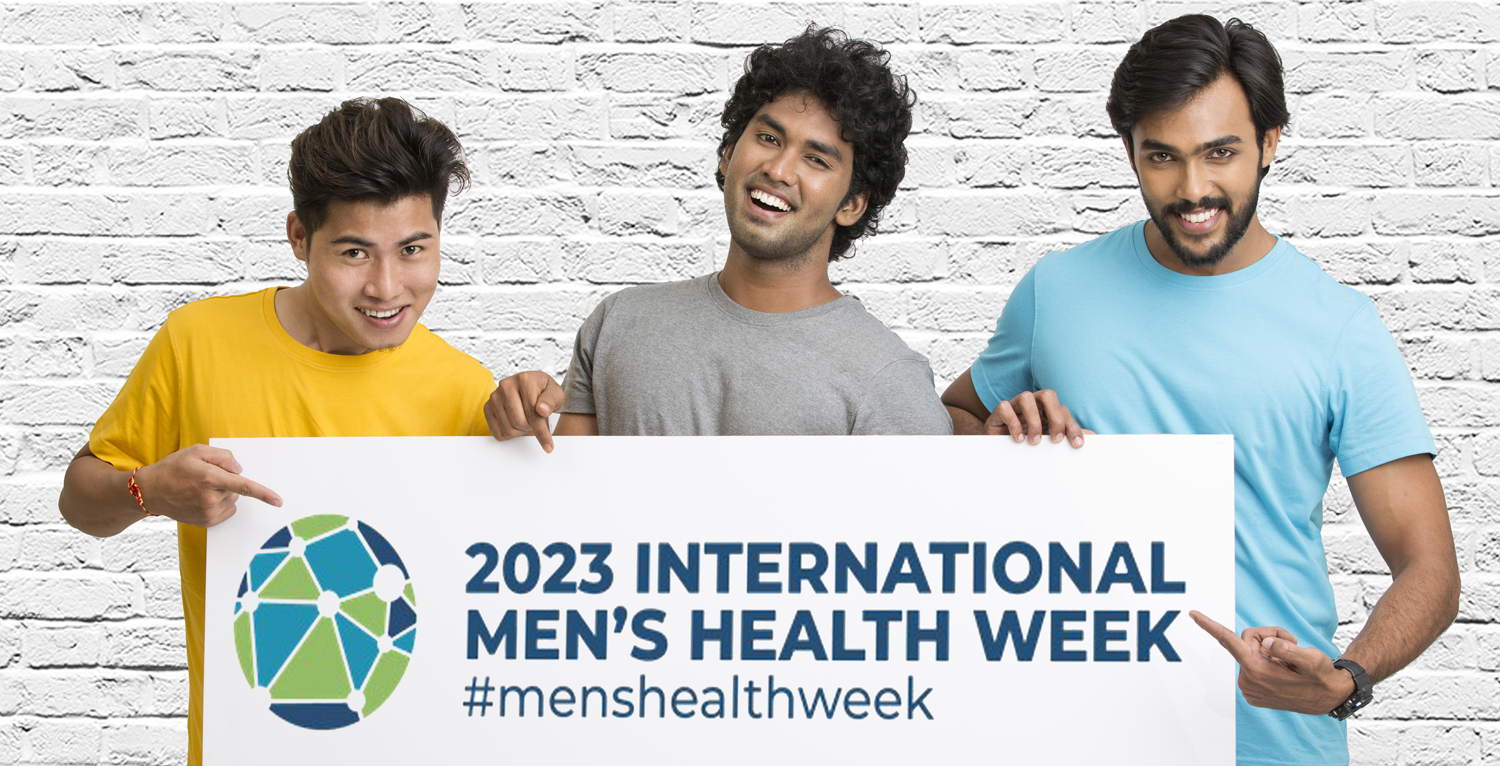
Eradicating the Taboos of Men’s Health at Work
After discussing the taboos of women’s health in the workplace for Women’s Health Week last month, I wanted to highlight the many taboos surrounding men’s health in honor of Men’s Health Week.
It might surprise you to discover that according to estimates, half of all premature male deaths are considered preventable. This is largely influenced by the fact that men are up to 50% less likely to seek medical attention in comparison to women, and this normalization of neglect is reflected in a higher mortality rate.
And what’s even more alarming to learn is that the leading cause of death in men under 50 is suicide. All of these statistics highlight how men’s physical and mental health is still deeply rooted in outdated ideas of toxic masculinity – that you need to ‘man up’ and not cry as this is connotated as ‘weak’ and ‘feminine’.
But it goes further than this – while there is disparity between men and women when it comes to being neglectful, there are also disparities to be found amongst different groups of men and their health. Research has found that men who belong to racial and ethnic minority populations have the poorest health due to being exposed to a broad range of social and environmental factors that adversely affect their physical and mental health. So while for white men there is a culture of neglect around health, for those men of color, there is the added disproportion of accessibility to healthcare in general that leads to an increased likelihood of health issues.
So, what role can employers play in helping to tackle these taboos?
- Talk about it – it may sound simple, but talking about and acknowledging men’s health and the disparities within it is a great way of helping to normalize and address it properly. Having posters dotted around the office, for example, that act as little reminders to get prostates checked, are a great way of offering a small nudge without having to directly broach a potentially awkward conversation. But for more systemic issues, this would require actually highlighting that you are aware of these disparities and are actively trying to supply support that is more tailored to the individual rather than a ‘one size fits all’ approach.
- Training and workshops – having external training arranged, and/or a workshop, for your managers will educate them around all facets of men’s health. This will also enable them to be able to correctly discuss and direct any concerns to the appropriate places, either in-house or to an external body. This is a great way of instilling this sense of openness into the workplace culture and breaking down the walls of stigma around men’s physical and mental health.
- Benefits – the benefits that an employer offers can help to promote a message of good health. This could take shape in the offering of health insurance – recent data has found a great disparity in people of color who have health insurance in comparison to their white counterparts. 19% of Hispanic people and 10.9% of black people are uninsured in the US, compared with only 7.2% of white people. Offering health insurance as a benefit is a great foundation for helping to tackle the systemic racism that exists in the healthcare system, while still prioritizing the health of all your employees. An additional measure is to personalize the message to your Hispanic and black team members and encouraging them to take advantage of the preventive healthcare offered. The data shows that these employee groups tend to under-participate in preventive healthcare. Moreover, employers could consider gym membership discounts, or there are also some great group life insurance companies that promote physical and mental wellbeing; YuLife is an example of this, as they use a gamified app which employees can use to complete challenges related to physical and mental health, and are awarded with gift vouchers of their choice. As well, having employee assistance programs to support the mental health of all employees is a great way of helping to reduce feelings of burnout, stress, and pressure that work can sometimes bring.
- Business Resource Groups – as an employer, it can be a great idea to reach out to your internal affinity groups and stress the importance of emphasizing healthcare disparities from a gender-based perspective and from a racial/ethnicity point of view as part of their annual educational offerings. This ensures that the topics are being addressed formally, and will see these groups strategizing with leaders to enact the best ways of embedding actions to overcome the disparities into the workplace culture.
The fact is, the health of employees should always be a concern for employers, as a healthier and happier workforce are a more productive and engaged one. It is equally important to challenge taboos around health issues that affect men and women in order to be able to properly support and optimize your employees to the best of their abilities. To discuss how OrgShakers can help you do this, please get in touch with me at marty@orgshakers.com